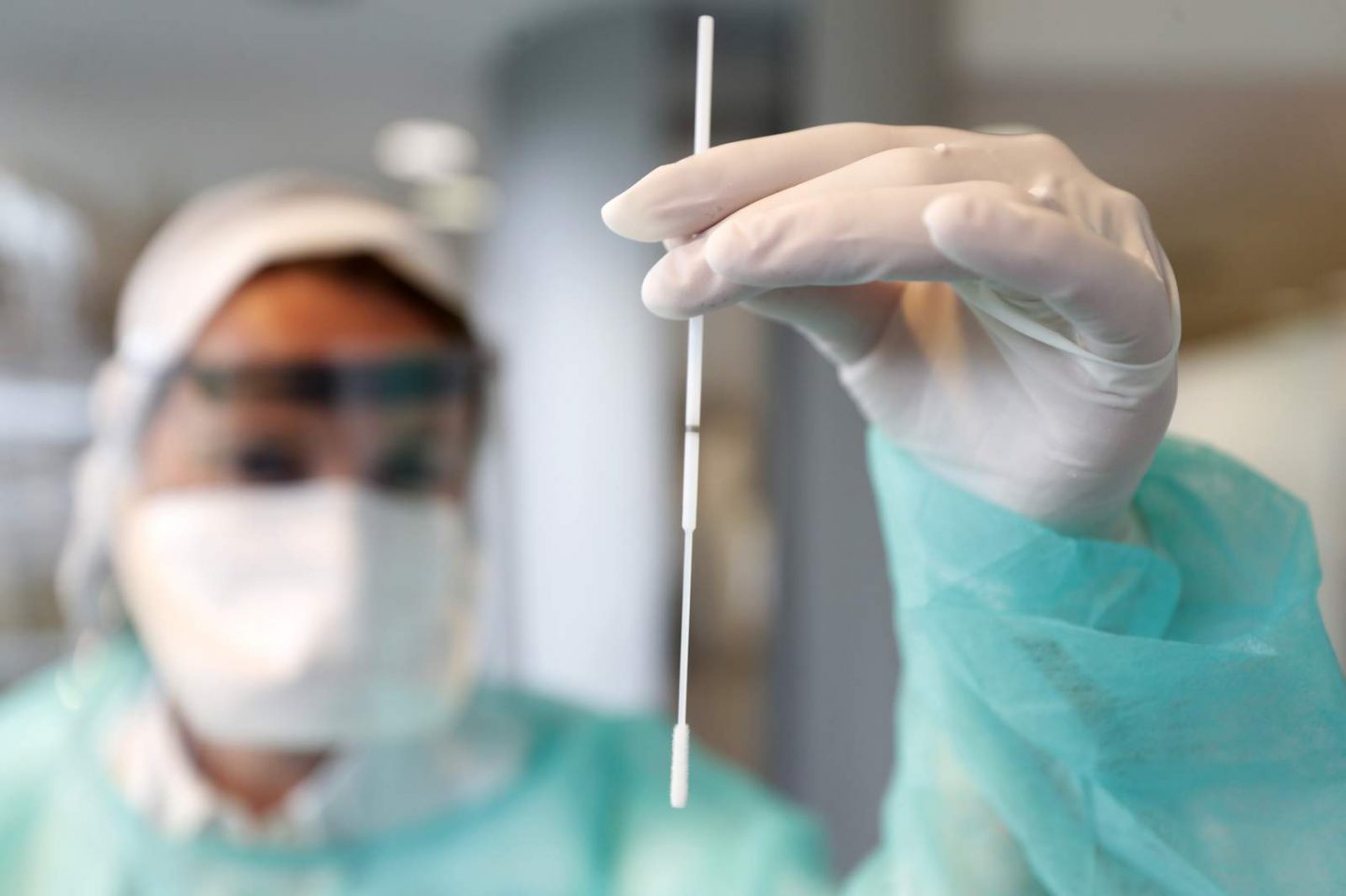One of the most pressing concerns organizations are now contending with is how to manage COVID-19 testing. Testing for COVID-19 is an urgent need for many businesses where productivity is being negatively affected by quarantines caused by outbreaks and exposures constantly happening in the workplace. Testing for COVID-19 can play a crucial role in keeping businesses open, but there are various factors employers must consider.
May Employers Require COVID-19 Testing of California Employees?
Under federal law, an employer may require COVID-19 testing. If employers require COVID-19 testing, they must ensure that the testing procedures are legally compliant, reliable, and effective. Additionally, employers may not require antibody testing of employees and are discouraged from offering antibody testing on a voluntary basis. Guidance issued by the Equal Opportunity Commission (EEOC) permits an employer to require its employees to take COVID-19 viral tests. The American with Disabilities Act (ADA) requires that any mandatory test of employees be “job related and consistent with business necessity.” Employers may take steps to determine whether employees entering the workplace have COVID-19 because an individual with the virus will pose a “direct threat” to the health of others.
However, under California law, the answer depends upon the industry and local rules and regulations. The California Department of Fair Employment and Housing (DFEH) issued guidance on matters related to testing (such as what an employer may tell other employees about another employee who has tested positive for COVID-19) but does not definitively state whether employer-mandated COVID-19 testing is permissible.
Implementing COVID-19 Testing in the Workplace
Once an employer has determined that COVID-19 testing of employees is permissible, they must ensure that testing is legally compliant, reliable, and effective. To the extent possible, employers should utilize reliable testing companies and conduct testing within 24 to 48 hours before the employee is expected to report to work. California’s COVID-19 Testing Guidance advises public health officials, healthcare providers, and laboratories to prioritize testing for certain individuals (e.g., hospitalized patients with symptoms) over others. This can make employers’ abilities to obtain a quick turnaround more difficult, thus making testing futile if the employee tested becomes exposed to the virus during the period while waiting for results.
The employer should have a documented testing policy to avoid claims of discrimination and gaps in the testing process that may create the concern of an employee believing they have been singled out for illegal reasons. This policy should include getting signed authorization forms from the employee to consent to testing in compliance with the federal Health Insurance Portability and Accountability Act (HIPAA) and California’s Confidentiality of Medical Information Act (CMIA). COVID-19 test results are considered confidential medical information under both state and federal law and must be kept in a separate medical file that is only accessible by management with a genuine reason to know an employee’s testing results. If an employee tests positive, the employer must not reveal the employee’s identity to others in the workplace. However, the employer must advise all employees who were “close contacts” (see below) to the individual with COVID-19 and provide them with instructions on home quarantine without disclosing the name of the infected employee.
A close contact is defined as:
- Any person who was within 6 feet of a person with COVID-19 for more than 15 minutes
- Any person who had unprotected contact with bodily fluids of a person with COVID-19. For example, they coughed or sneezed on you, shared utensils, a cup, or saliva with you, or you cared for them without wearing appropriate protective equipment.
If an employee has symptoms, they must stay home until:
- At least 10 days have passed since their symptoms first started and
- They have had no fever for at least 24 hours (without the use of medicine that reduces fevers) and
- Their symptoms have improved (for example, cough or shortness of breath)
If an employee tested positive for COVID-19 but never had any symptoms:
- They must stay home for 10 days after the test was taken, but
- If they develop symptoms, they need to follow the instructions above
Employers must develop a list of employees who were in close contact with a COVID-19 positive employee within 2 days before employee’s symptoms started or, if that employee had no symptoms, within 2 days before the test was taken. Close contacts must quarantine (stay away from others) at home for a full 14 days to see if they develop the disease.
The facts, laws, and regulations regarding COVID-19 are developing rapidly. Public Employees Legal, LLP will continue to keep up-to-date regarding COVID-19 concerns in the workplace. If you have concerns over COVID-19 testing protocols at your place of employment, please feel free to contact our office.
